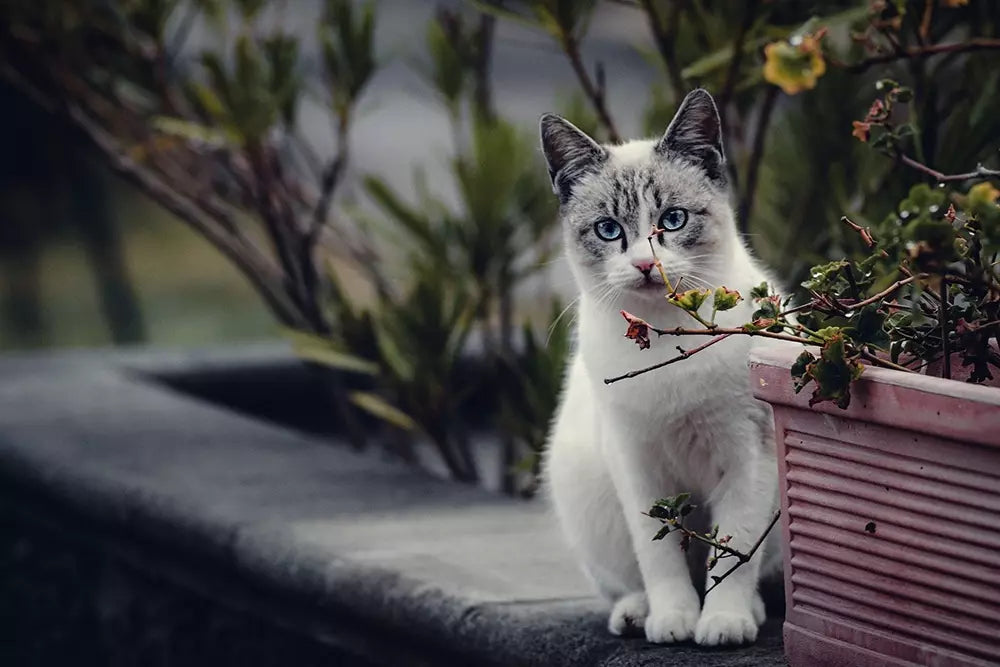Your Cat and Minerals – The Basics
Chances are, if you're a cat owner, you've heard of mineral deficiencies. And if you haven't, it's time to start paying attention. On-going mineral deficiency in cats can cause some serious health problems, which ultimately can be quite costly to remedy.
So how can you tell if your cat is deficient in minerals? And what can you do about it? Keep reading to find out.
What Minerals Are Important for Cats?
There are several minerals that are important for cats. These minerals help with a variety of vital bodily functions, and a deficiency in any one of them can cause health problems.
Here are some of the most important minerals for cats:
- Calcium: This mineral is important for bones and teeth, and a deficiency can lead to problems such as rickets or osteoporosis.
- Iron: Iron helps transport oxygen around the body, and a deficiency can lead to anemia.
- Iodine: Iodine is important for thyroid function, and a deficiency can cause problems such as goiter or hypothyroidism.
- Zinc: Zinc helps with wound healing and immunity, and a deficiency can lead to problems such as hair loss or skin lesions.
And that’s just the top level! It’s important to know that there are many more minerals and micronutrients your cat needs for optimal health.
Is my Cat Mineral Deficient?
The fact is that, even if you purchase the absolute best cat food on the market (or make your own), your cat will still struggle to get the minerals they need from food alone. This is because our food supply is deficient in minerals due to production farming methods. Even meat has less minerals than your cat needs. So, the sad truth is that to support your cat’s health and longevity, you need to supplement their mineral intake.
How do you know if your cat is mineral deficient?
Here are some signs that your cat may be struggling to get the minerals they need:
- Poor appetite
- Scratching more than usual
- Hair loss
- Pale gums
- Dull coat
- Lethargy
- Weight loss
- Lack of coordination
How Do I Get Minerals into my Cat?
Like human mineral supplements, it is important to think about the bioavailability of the supplement solutions you choose for your cat. Trying to supply the full spectrum of minerals your cat needs via multiple, specific mineral supplements can be costly and confusing. Even more so, this type of mineral supplementation has low bioavailability and can cause system imbalances, which don’t support the overall health of your cat. Trace minerals are a natural solution that is easy to use and provides a full spectrum of minerals to support all of the cellular activities necessary for a healthy and thriving cat.
BEAM Minerals Complete Feline Minerals (Coming Soon) provides all the minerals your cat needs. In addition, they are natural flavonoids, providing the delivery system for nutrition into the cells, as well as the natural detoxification agent your cat needs to eliminate environmental toxins they encounter.
Conclusion
The best way to prevent mineral deficiencies in your cat is to give them a balanced diet of a variety of different foods, including both meat and plant-based proteins. To ensure they thrive and live to a ripe old age, give them a trace mineral supplement daily.







